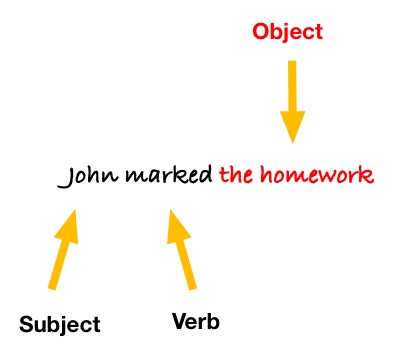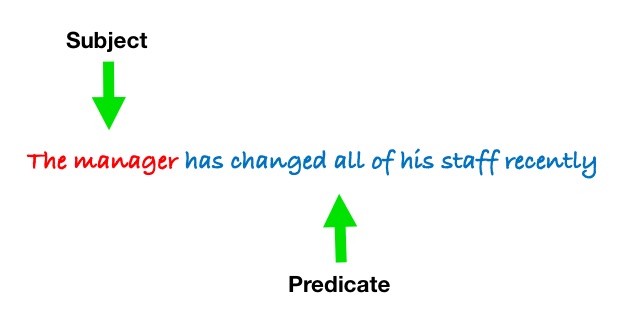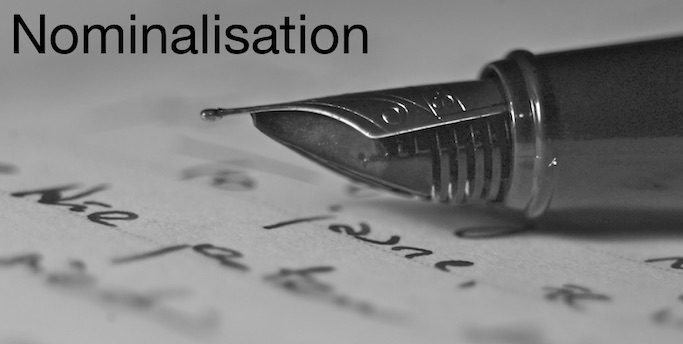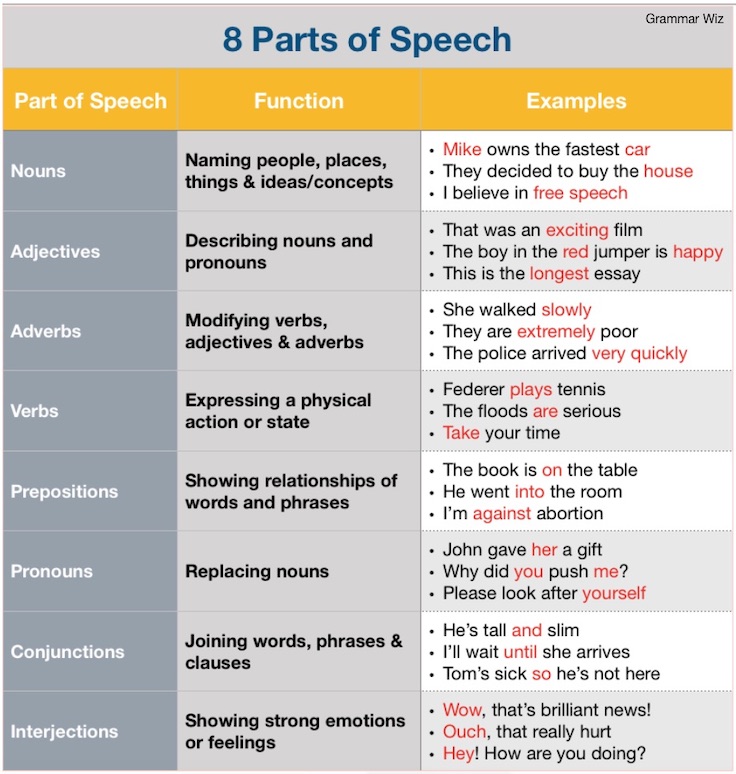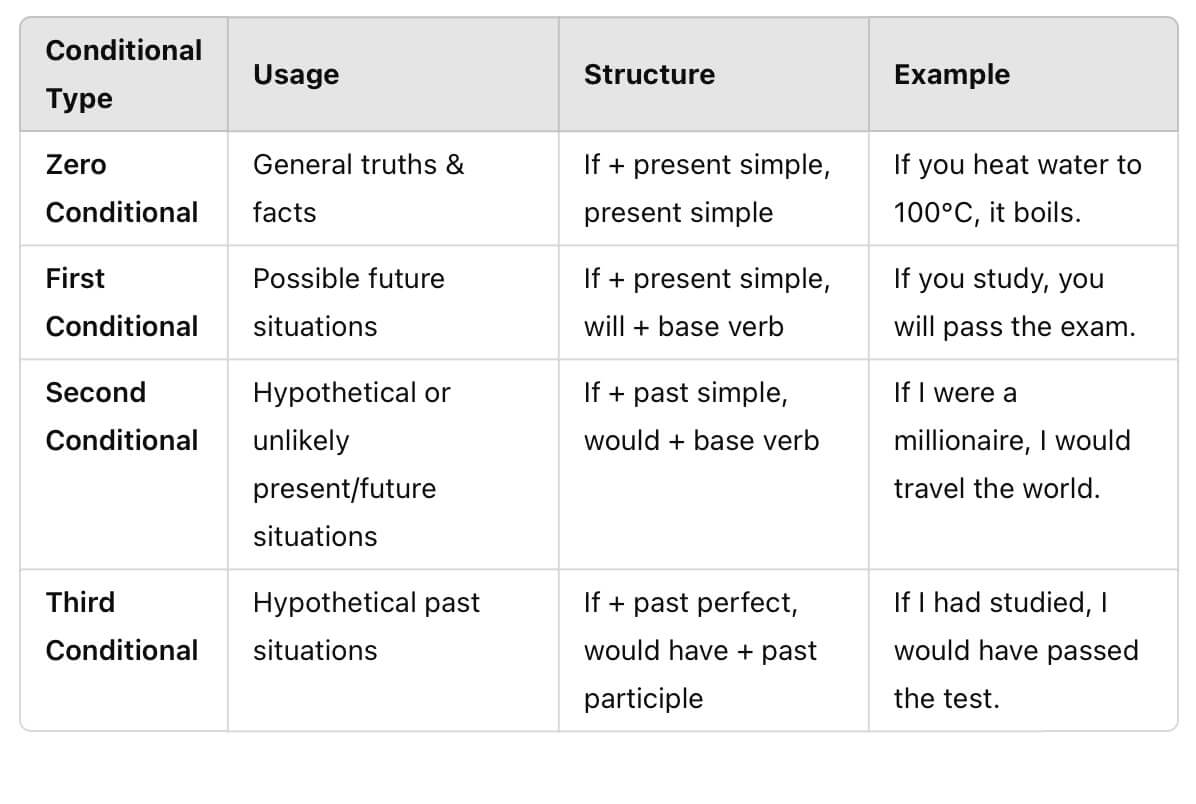- Home
- Phrases & Clauses
Phrases and Clauses
Phrases and clauses are key parts of building sentences. Both are groups of words that make up sentences but they are formed in different ways and have different functions.
Here you will learn about the difference between a phrase and clause.
Clauses
A clause is a group of words that:
- Contains both a subject and a verb
- Can convey a complete thought
Clauses that express a complete thought are independent clauses. Dependent clauses do not express a complete thought, but they still contain a subject and verb.
In these examples of clauses, the subject is in red and the verb green:
Independent Clauses:
I will arrive at 5 o'clock
He didn't take the opportunity to apply for the job
The political situation in the country is terrible
Dependent Clauses:
When the bus arrives... (adverb clause)
...that we should not go (noun clause)
...which was not very easy (relative clause)
So as you can see, all the clauses have subjects and verbs, and the independent clauses also express a complete thought, meaning that they make sense alone. This is not the case with phrases.
Learn more about independent and dependent clauses and sentence clauses.
Phrases
A phrase is a group of words that:
- Does not express a complete thought
- Does not contain a subject-verb combination
In these phrases, the underlined part is the key to identifying the type of phrase, as it is the head word. The other words will be modifying it or complementing it in some way:
Examples:
a very nice house (noun phrase)
went to town (verb phrase)
on the floor (prepositional phrase)
before the show (adverbial phrase of time)
very old (adjective phrase)
taking him at face value (present participle phrase)
Caught out by the change (past participle phrase)
Of course a phrase could consist of more than one phrase once you break it down and add or remove certain parts of it:
- a very nice house (noun phrase)
- very nice (adjective phrase)
Phrases and clauses in sentences
Now you understand the difference between phrases and clauses, you can see how they are used within sentences.
Take a look at this sentence, which you can see has a mix of phrases and clauses:
John had to work extremely hard but he passed his exams
- John had to work extremely hard (independent clause)
- he passed his exams (independent clause)
- had to work extremely hard (verb phrase)
- passed his exams (verb phrase)
- extremely hard (adverbial phrase of manner)
Now test your knowledge in this phrases and clauses quiz.
New! Comments
Any questions or comments about the grammar discussed on this page?
Post your comment here.


